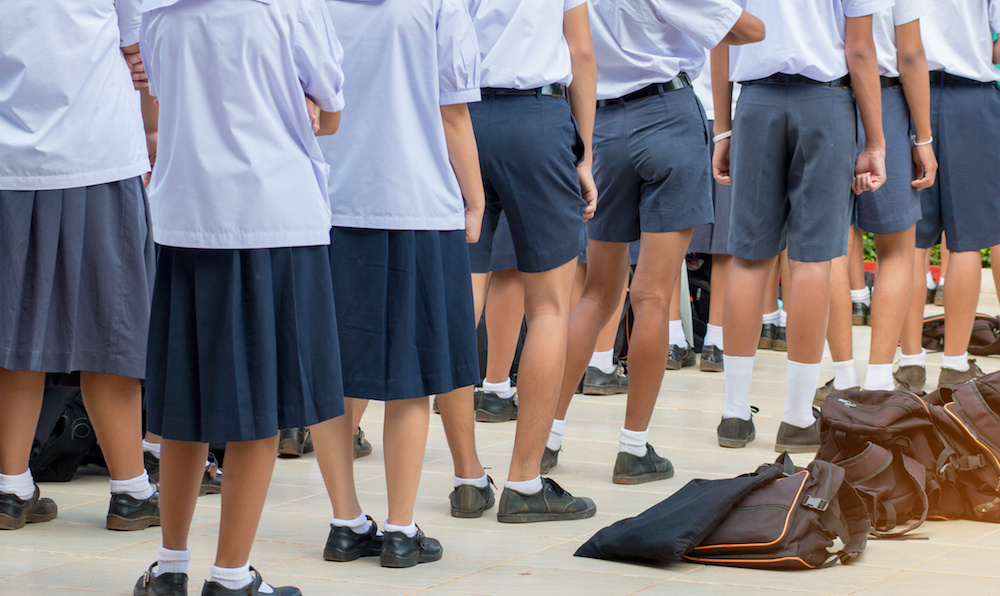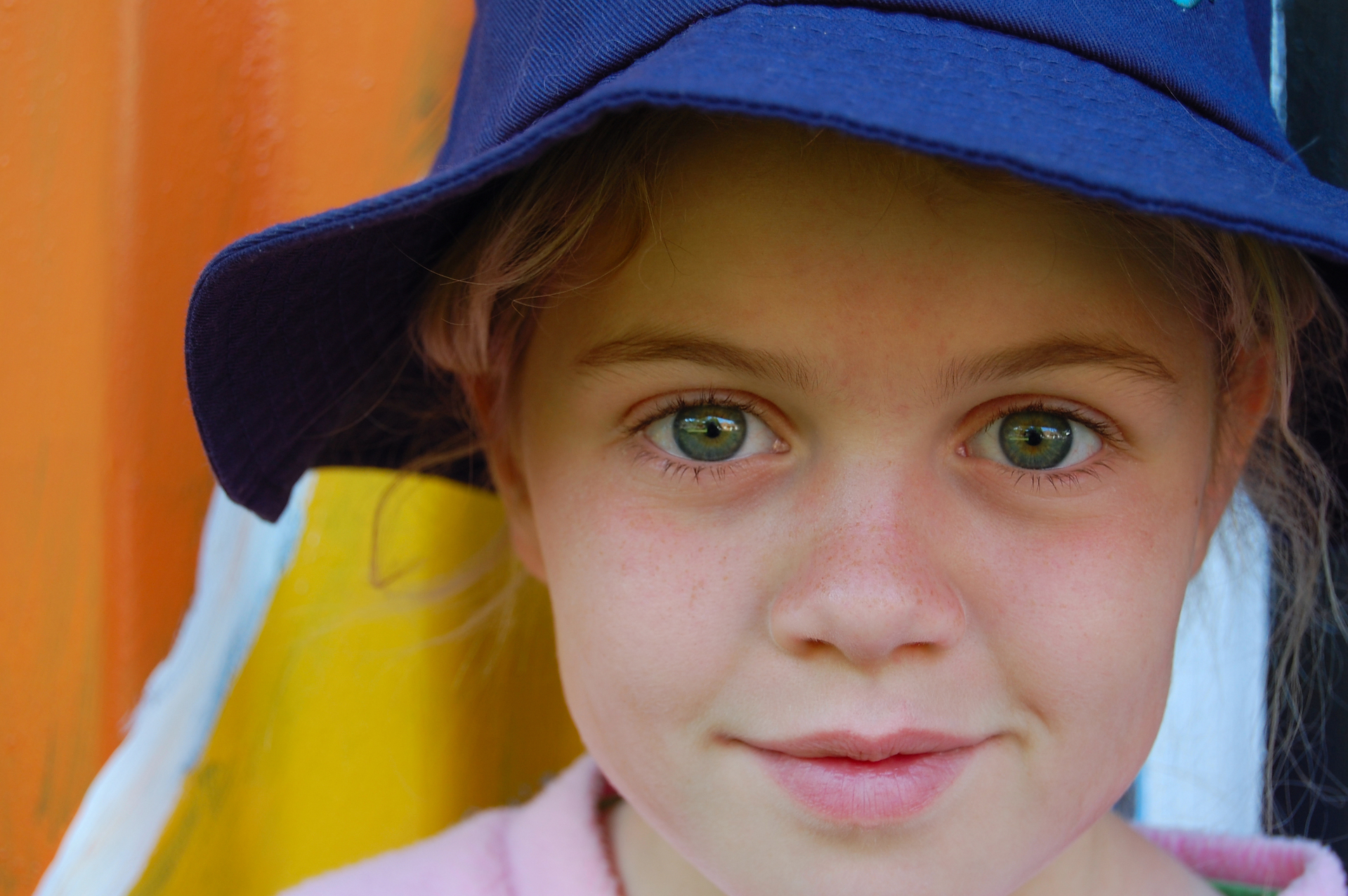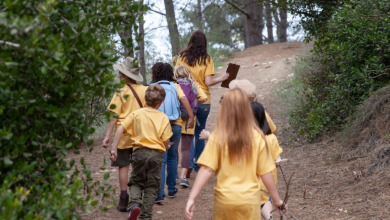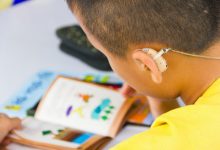NSW independent teacher union to push for bigger pay rise
The union says pay rise of 2.04% by Catholic Employment Relations are not enough

The IEU announced this week that it welcomes a letter from Catholic Employment Relations dated 27 January 2022 agreeing to commence negotiations for new enterprise agreements covering over 25,000 principals, teachers and support staff in NSW and ACT Catholic systemic schools.
The previous agreements expired on 31 December 2021. However, up until this week, employers had stalled on commencing bargaining for pay rises and new agreements.
The Independent Education Union of Australia NSW/ACT Branch first wrote to the Directors of all 11 Catholic Dioceses on 30 November 2021 setting out its claim for principals, teachers and support staff employed in Catholic Diocesan schools in NSW and the ACT.
The IEU represents nearly 20,000 members in over 600 Catholic Diocesan schools throughout NSW and the ACT. The union’s claim for a new agreement mirrors the one made by the NSW Teachers Federation for teachers in government schools. It includes:
· a pay rise of 10% to 15% over two years for all members
· effective strategies to deal with the accelerating teacher shortage
· reduced teaching time to allow teachers time to plan, prepare and consult with colleagues
· easing excessive workloads by removing administrative tasks that don’t support teaching and learning.
· pay parity for support staff with their counterparts in government schools.
“Teachers’ salaries have slid steadily backwards since the NSW Government introduced wage caps more than a decade ago – wage caps in the government sector have a strong impact on the non-government sector,” said IEUA NSW/ACT Branch Acting Secretary Carol Matthews.
“The IEU believes the pay increase of 2.04% offered by Catholic Employment Relations in their letter of 27 January is not good enough. We look forward to robust discussions.
“Our members have gone above and beyond their duties for years, but especially in the past two, ensuring teaching and learning continued during the upheaval and anxieties of a global pandemic. Now is the time to recognise this in substantial pay rises and improved conditions.”
IEUA NSW/ACT Branch President Christine Wilkinson said: “It is time teachers were paid what they’re worth. Teachers’ workloads have steadily increased over the years while conditions continue to be eroded. This is not reflected in their wages.
“Young graduate teachers are leaving the profession in droves, intensifying the shortage of teachers. If the Government wants quality teachers, it is time to pay them what they’re worth.”







